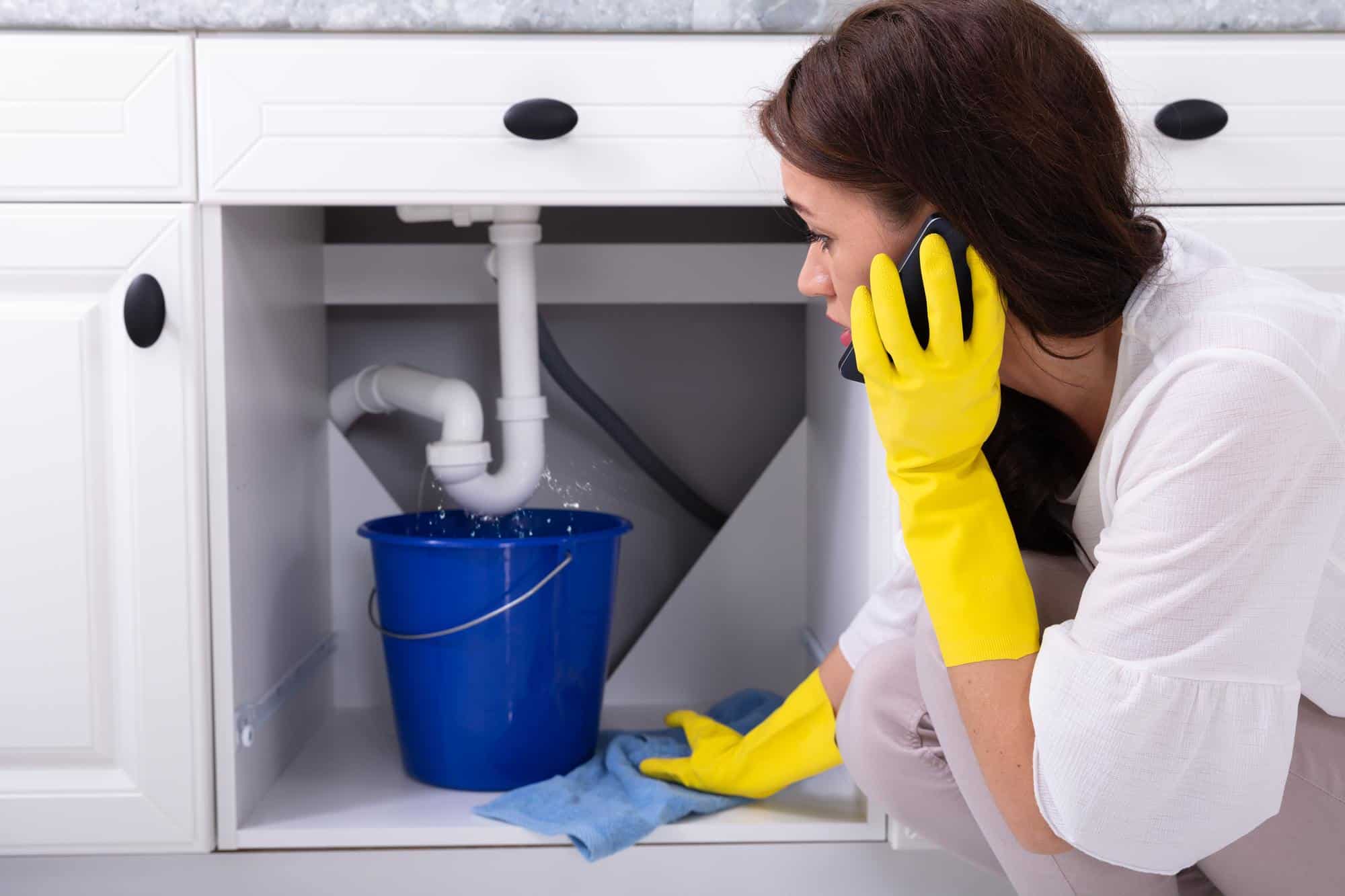Some of the larger jobs may be too large a scope for a handyman, but that is why a free estimate and consultation should always be provided. Most handyman repair professionals will not touch a job involving the structural integrity of a building or attempt a major electrical trustworthy drain leak repair due to liability. The risk is too high and safety should always be paramount.
Block homes can tell you very quickly if they are stressed out just by the appearance of the mortar joints. Those giant unsettling cracks can and do tell a story. This does happen and mortar cracks maybe 10-years old. You need to investigate further.

It would be good to have a couple of people around while the process is being done just in case there are accidents since acid is a very local water heater repair service hazardous substance.
A good plumbing company will always have a guarantee for the work. By guaranteeing their work, the company is saying that they are performing quality service. The plumbers lose money if they have to come back to re-do any work. This means that they will have to ensure that they perform the job well the first time. They use only good quality products that guarantee durability and efficiency.
Whether you decide to DI.Y repair or take the easy and safe way out and call in your local reliable plumber, get familiar with the plumbing basics on unclogging and clearing drains. The bottom section of the drainpipe is called a trap that functions to "trap" some water in the line and create a water seal preventing offensive sewer gases from penetrating the home. Bathroom drains of showers, tubs and sinks may become blocked due to a build up of hair, soap scum and bodily oils and fats.
Glycol (Ethylene glycol) is the most common automotive anti-freeze but it requires safe handling. Ethylene glycol is a toxic substance that can cause death if ingested. It also pollutes the environment and should never be dumped in sewers or storm drains. Propylene glycol is a relatively recent alternative to ethylene glycol. It's less toxic but it's still a hazard and should be handled with care. In particular, keep both chemicals away from pets and children. Always dispose according to your local hazardous waste regulations. Don't pollute!
So the next time a home repair is needed or even something as simple as hanging holiday lights or lawn work, call your local handyman. Ask questions during the consultation and estimate. If the answers are good and the handyman is confident, the customer can rest easy knowing a lot of money has been saved.